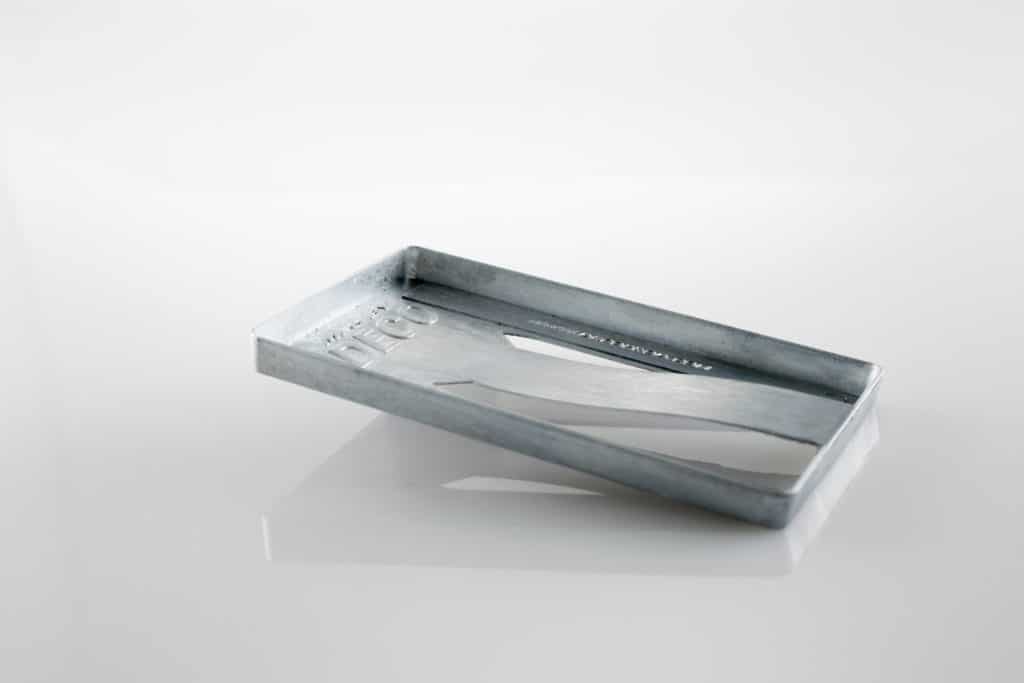Zinc alloys are essential engineering materials known for their high strength, hardness, and versatility. These attributes make them ideal alternatives to machined, pressed, stamped, and fabricated components. Die casting with zinc alloys provides high ductility, excellent impact strength, and smooth finishes for cost-effective manufacturing solutions.
Zind is a natural element found as a component of the earth’s crust. Zinc ores exist in deposits spread widely throughout the world and more than 50 countries extract them.
Added as a dietary supplement in vitamins, facial creams and sun blockers. Zinc is a vital part of our daily lives.
Zamak is the acronym for zinc, aluminum, magnesium, and copper. It represents a family of zinc alloys with excellent strength, durability, and versatility for die casting applications. Visit this post What is ZAMAK for the history and which alloys include ZAMAK.
Zamak 3 is the most widely used zinc alloy in North America, accounting for about 85% of die-castings. Its superior physical and mechanical properties, excellent castability, and long-term dimensional stability make it the first choice for many applications.
Key Properties:
Manufacturers use Zamak 3 to produce fasteners, brackets, electrical components, and consumer goods with precision and reliability. Its versatility ensures reliable performance in industries requiring durable and lightweight materials.
Zamak 5 addition of 1% copper to Zamak 3 alloy, enhancing tensile strength by approximately 15% and increasing hardness. While it sacrifices some elongation and impact strength. Manufactures widely use it in Europe and in about 10% of specialty applications in the U.S.
In applications that require slightly higher strength and hardness, engineers prefer Zamak 5, especially in demanding environments.
The third most popular alloy Zamak 7. This high-purity alloy has reduced magnesium content, improving fluidity and enabling lower casting temperatures.
Manufacturers commonly use Zamak 7 for decorative hardware and components that require severe deformation during assembly.
Key Attributes:
Zamak 2, a predecessor of the universal Zamak 3 alloy. No. 2 offers the highest strength and hardness available in a conventional zinc alloy.
Advantages:
Disadvantages:
ZA-8 is a zinc aluminum alloy. Offers best plating and finishing characteristics with improved strength, hardness and creep properties. Compared to the other conventional zinc ZAMAK die casting alloys.
The major application area usually involves die casting where users require improved properties over ZAMAK. Particularly performance at elevated temperatures and superior finishing.
This is the most recent development in commercially available zinc die casting alloys. Research shows that EZAC™ is the most creep-resistant zinc die casting alloy. This alloy is much better than ZAMAK 5 and ZA-8. This is also a strong alloy with a yield strength (57 ksi) and hardness (102-134 brinell) comparable to ZA-27.
Because of the low melting temperature, EZAC™ is castable in a hot chamber die casting machine. It does not exhibit the same wear and tear as shown with ACuZinc®5.

Zinc alloys are the easiest to work with in die casting, thanks to their low melting points and good fluidity. This enables intricate details, thin walls, and smooth surfaces. These alloys are perfect for producing components with tight tolerances and long-term dimensional stability.
Zinc die casting alloys are versatile engineering materials. As a result, no other alloy system provides the combination of strength, performance, and economical castability. Listed are zinc alloy attributes which can potentially reduce component costs and/or improve you design performance. This information will help designers understand what zinc die cast alloys can do for product applications.
Zinc die casting alloys combine strength, performance, and economical castability. Key attributes include:
See our zinc alloy property guides below for additional information.
Deco Products is a full-service zinc die-caster that offers precision zinc die-castings to customers globally. We utilize custom-designed hot-chambered die-casting machines to offer you competitive and quality products.